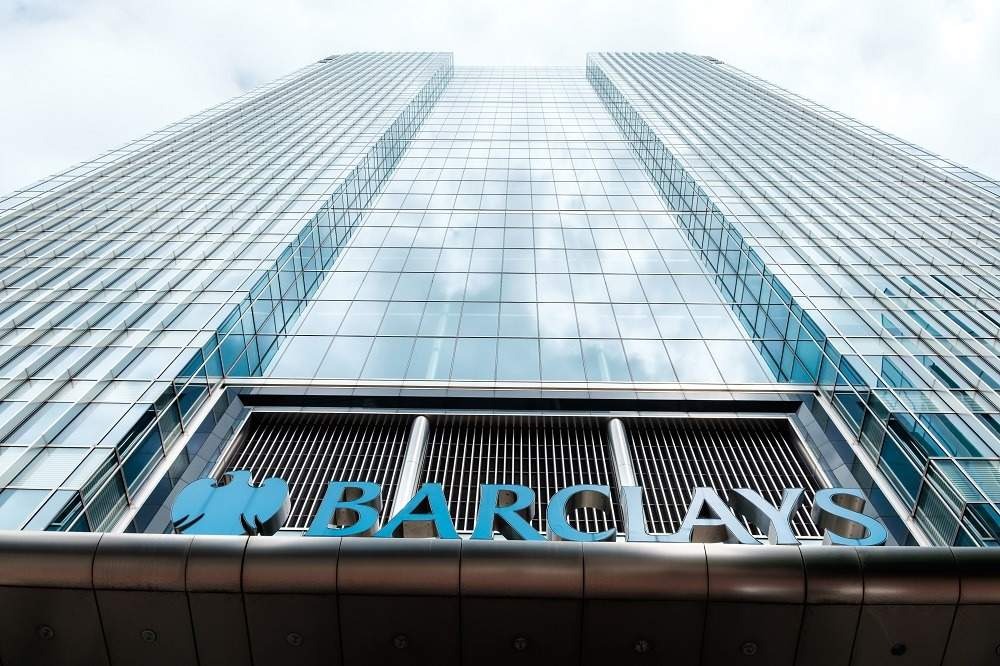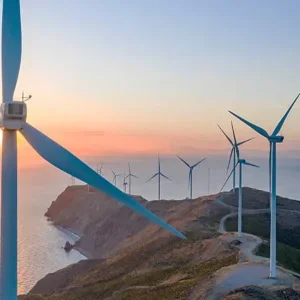
Investors managing more than £130bn ($170bn) in assets have lobbied UK banking titan Barclays to end its financing of the fossil fuel industry.
A group of 11 institutions — incorporating numerous pension and investment funds and coordinated by responsible investment charity ShareAction — submitted a resolution on the issue to be voted on at the bank’s AGM in May.
It is the first time a formal climate change resolution has been filed by shareholders at a European bank, and is a demonstration of the increasing scrutiny major corporate institutions are facing from climate activists to accelerate green policies across the global energy industry.
The resolution calls on Barclays to gradually stop the provision of financial services to energy firms — including gas and electric utilities — not aligned with the strategies formalised by the Paris Agreement.
ShareAction campaign manager Jeanne Martin said: “The message is clear, piecemeal changes in energy policy will no longer cut it.
“For too long, minor policy improvements have provided cover for the banking sector, while failing to halt fossil fuel financing.
“We know what needs to happen. Banks must align their lending with the science. If Barclays supports the Paris Agreement, it will support this resolution.”
Barclays’ $85bn fossil fuel financing since the Paris Agreement was signed
ShareAction claims Barclays has provided more than $85bn in financing to fossil fuel and carbon-intensive projects since the Paris Agreement was inked in 2015 — making it the sixth most prolific backer of such ventures globally.
Financial institutions have faced growing pressure in recent years over their financing of industries which are responsible for significant amounts of carbon dioxide emissions.
Last year, the Extinction Rebellion protest movement targeted the London financial district for this reason, while the outgoing Bank of England governor Mark Carney — who is poised to become a UN special envoy for climate action and finance — has been a strong advocate of better financial planning within the context of climate change.
Carney recently told the BBC, in an interview for a radio show curated by teenage activist Greta Thunberg, that disclosure of fossil fuel investments by banks had “not moved fast enough”, adding that fossil fuel assets like coal, oil and gas risk becoming “stranded” if investment continues apace.
Today’s shareholder action has been welcomed by financial campaign group Positive Money, which also called on central banks around the world to play their part.
Positive Money media and policy officer Simon Youel said: “As one of Europe’s worst fossil fuel funders, Barclays passing this motion and phasing out dirty lending would have a huge impact, both materially and symbolically.
“This shareholder pressure from below must also be reciprocated with action from central banks from above, to ensure there is no place in our financial system for lending which is at odds with the future of our planet.”
Brunel Pension Partnership is one of the investment funds represented in the shareholder resolution, and responsible for around £30bn in assets.
Company CEO Laura Chappell said: “Climate change poses significant risks to global financial stability and could thereby create climate-related financial risks to our own business operations, portfolios and client partner funds, unless action is taken to mitigate these risks.
“It is crucial for investors to carry out climate change risk assessments across the whole financial chain. As banks are the biggest lenders, they are a key component of this — and the lending practices of many banks pose a serious threat to the goals of the Paris Agreement.”
Barclays was approached for comment.






